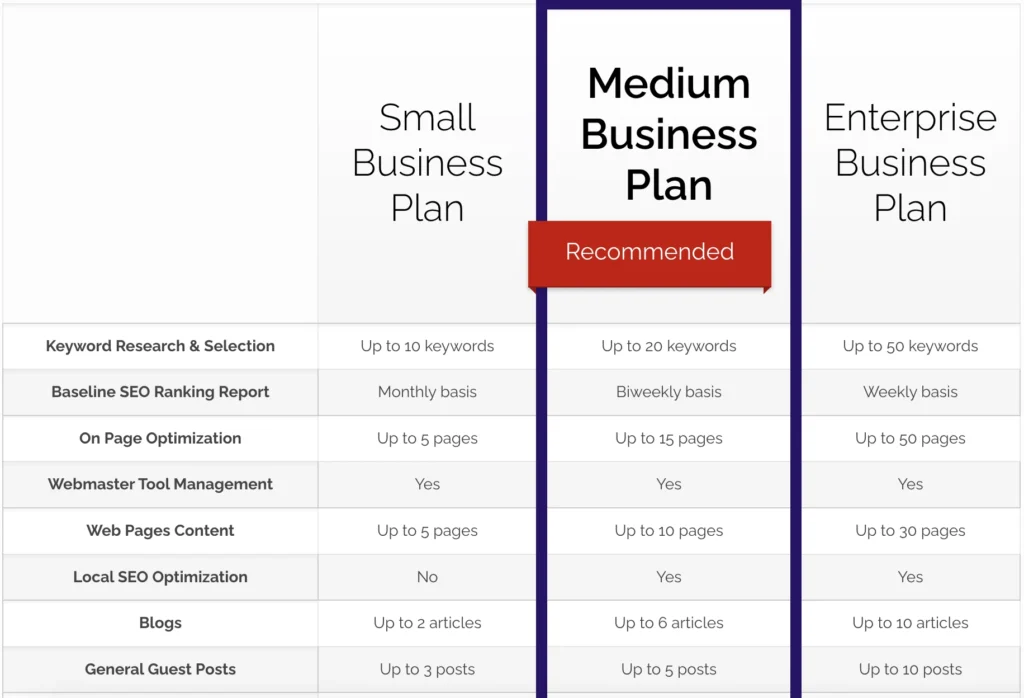SEO agencies that don’t adapt to Generative Engine Optimization (GEO) will become obsolete within 18 months. While generative AI currently has a small share of the search market, it’s growing rapidly and may represent 10% of website traffic by next year. The agencies thriving today are those that seamlessly blend traditional SEO expertise with GEO strategies to dominate both Google search results and AI-powered platforms like ChatGPT, Perplexity, and Claude.
Unlike traditional Search Engine Optimization (SEO), which focuses on improving rankings in search engine results pages, GEO concentrates on ensuring that content is optimized for AI-driven platforms that generate responses rather than just display links.
The Reality Check: Why Most SEO Agencies Are Struggling with GEO
Most SEO agencies I talk to are stuck in 2019. They’re still obsessing over keyword density while their clients’ competitors are getting cited in ChatGPT responses and dominating AI search results.
here is what an agency is still offering on their website; How can you rank 10 (presumably high intent) keywords with just 2 articles per month?

Here’s the uncomfortable truth: traditional SEO metrics like rankings and click-through rates don’t translate to GEO success. When someone asks Claude “best project management tools for startups,” they’re not clicking through to your website, they’re getting their answer directly from the AI model.
While SEO strategies can be applied universally across all types of content, GEO strategies may vary depending on the domain. For instance, authoritative language may work best for improving historical content, citation optimization may benefit factual queries, and statistics may enhance law and government topics.
The agencies winning in this new landscape understand that GEO isn’t just another service offering, it’s a fundamental shift in how content gets discovered and consumed.
What GEO Actually Means for Content Marketing Agencies
Let me cut through the buzzwords. Generative Engine Optimization isn’t about gaming AI algorithms. It’s about creating content that AI models can understand, trust, and cite in their responses to user queries.
The key difference: Traditional SEO optimizes content to rank on search engine results pages. GEO optimizes content to be selected, referenced, and cited within AI-generated responses.
This means your content strategy needs to work across multiple discovery channels:
- Traditional search engines (Google, Bing) where users click through to your site
- AI chatbots (ChatGPT, Claude, Gemini) where users get direct answers
- AI-enhanced search (Google AI Overviews, Perplexity) that combines traditional results with generated responses
- Community platforms (Reddit, Quora) that feed data into AI training sets
The Four Pillars of GEO-Integrated Content Marketing
1. Answer-First Content Architecture
Traditional SEO content often buries the answer to keep readers on the page longer. GEO rewards content that provides clear, immediate answers that AI models can extract and cite.
What this looks like in practice:
- Lead with definitive statements that directly answer search queries
- Use structured formats (numbered lists, bullet points, tables) that AI can parse
- Include relevant statistics and data points with clear source attribution
- Create FAQ sections that mirror how people ask questions to AI assistants
Pro tip: Write your introductory paragraphs as if they’re going to be the only part an AI model reads. Because often, they are.
2. Cross-Platform Content Distribution
Forums like Reddit and Quora feed generative engine inputs too. Distributing content across platforms helps AI see and cite your brand.
Smart agencies don’t just publish blog posts and hope for the best. They strategically distribute content insights across platforms that AI models crawl:
- Reddit discussions in relevant subreddits with authentic, helpful contributions
- Quora answers that establish subject matter expertise
- LinkedIn articles that demonstrate thought leadership
- Industry forums where your target audience asks questions
- GitHub repositories for technical documentation and code examples
3. Citation-Worthy Content Creation
AI models prioritize content they can cite confidently. This means creating content with clear authorship, credible sources, and verifiable information.
Elements that increase citation probability:
- Author credentials and expertise indicators
- Recent publication dates (AI models favor fresh information)
- Primary source citations and data references
- Clear, factual statements without marketing fluff
- Industry-specific terminology used correctly
4. Technical Optimization for AI Parsing
Schema and structured data helps AI parse and prioritize your pages. But GEO-savvy agencies go beyond basic schema implementation.
Advanced technical GEO includes:
- Structured data markup that helps AI understand content context
- JSON-LD implementation for rich snippets and entity relationships
- Content hierarchy that mirrors how AI models process information
- Internal linking that establishes topical authority clusters
- Meta descriptions written in natural language that AI can understand and use
Common Mistakes SEO Agencies Make with GEO
Mistake #1: Treating GEO as a separate service. The most effective approach integrates GEO principles into existing SEO and content marketing workflows, not as an add-on service.
Mistake #2: Focusing only on content creation. GEO requires distribution, community engagement, and ongoing optimization based on how AI models respond to your content.
Mistake #3: Ignoring prompt-style keyword research. People ask AI assistants questions differently than they search Google. “What’s the best CRM” becomes “I need a CRM recommendation for a team of 15 people with Slack integration.”
Mistake #4: Not tracking GEO performance. Traditional metrics may not be sufficient for generative engines. Instead, GEO proposes a set of impression metrics that measure the visibility of citations and their relevance to the user query.
How to Measure GEO Success for Clients
Traditional SEO metrics like organic traffic and rankings tell only part of the story. GEO requires new measurement approaches:
Primary GEO Metrics:
- Citation frequency: How often your content gets referenced in AI responses
- Answer visibility: When your brand appears as the primary source for specific queries
- Entity recognition: How well AI models understand your brand, products, and expertise areas
- Conversational search share: Percentage of relevant AI conversations that mention your brand
Tools for GEO Tracking:
- Manual testing across multiple AI platforms (ChatGPT, Claude, Perplexity, Gemini)
- Brand mention monitoring in AI-generated responses
- Query testing with prompt variations to understand coverage
- Community platform monitoring for indirect citations
Leading Indicators:
- Increased mentions in industry forums and discussion platforms
- Growth in branded search queries across traditional and AI search
- Improved entity recognition in knowledge graphs
- Higher engagement rates on educational content
Building GEO Capabilities in Your SEO Agency
The transition from pure SEO to SEO + GEO doesn’t happen overnight. Here’s how forward-thinking agencies are making the shift:
Team Development: Train existing SEO specialists on AI platform behaviors, prompt engineering basics, and content optimization for machine parsing. The fundamentals of good SEO, understanding search intent, creating valuable content, building authority, remain crucial.
Tool Integration: Invest in tools that can monitor brand mentions across AI platforms, track citation performance, and analyze how AI models respond to different content formats.
Client Education: Help clients understand that GEO is about long-term visibility in an evolving search landscape, not immediate traffic spikes. Set expectations around new metrics and measurement approaches.
Service Expansion: Integrate GEO considerations into existing services rather than creating separate GEO offerings. Every piece of content should be optimized for both traditional search and AI discovery.
The Strategic Advantage of Early GEO Adoption
The foundation of the $80 billion+ SEO market just cracked. A new paradigm is emerging, one driven not by page rankings but by AI citations and conversational relevance.
Agencies that master GEO now have an 18-24 month advantage over competitors who wait. Here’s why:
First-mover advantage: AI models learn from existing content. Early optimization means your content influences how AI systems understand your industry and topics.
Competitive differentiation: Most agencies are still figuring out basic GEO principles. Offering integrated SEO + GEO services sets you apart.
Client retention: Brands working with GEO-capable agencies see better long-term search visibility as AI adoption accelerates.
Premium positioning: GEO expertise commands higher rates than traditional SEO services.
The Future is Hybrid: SEO + GEO Integration
The most successful content marketing strategies combine traditional SEO with GEO optimization. This isn’t about choosing between Google rankings and AI citations, it’s about dominating both channels.
What integrated SEO + GEO looks like:
- Content that ranks in traditional search AND gets cited by AI models
- Distribution strategies that build both backlink authority and community credibility
- Technical optimization that serves both search crawlers and AI parsing
- Measurement frameworks that track success across all discovery channels
The agencies that understand this hybrid approach will own the next decade of organic growth marketing.
